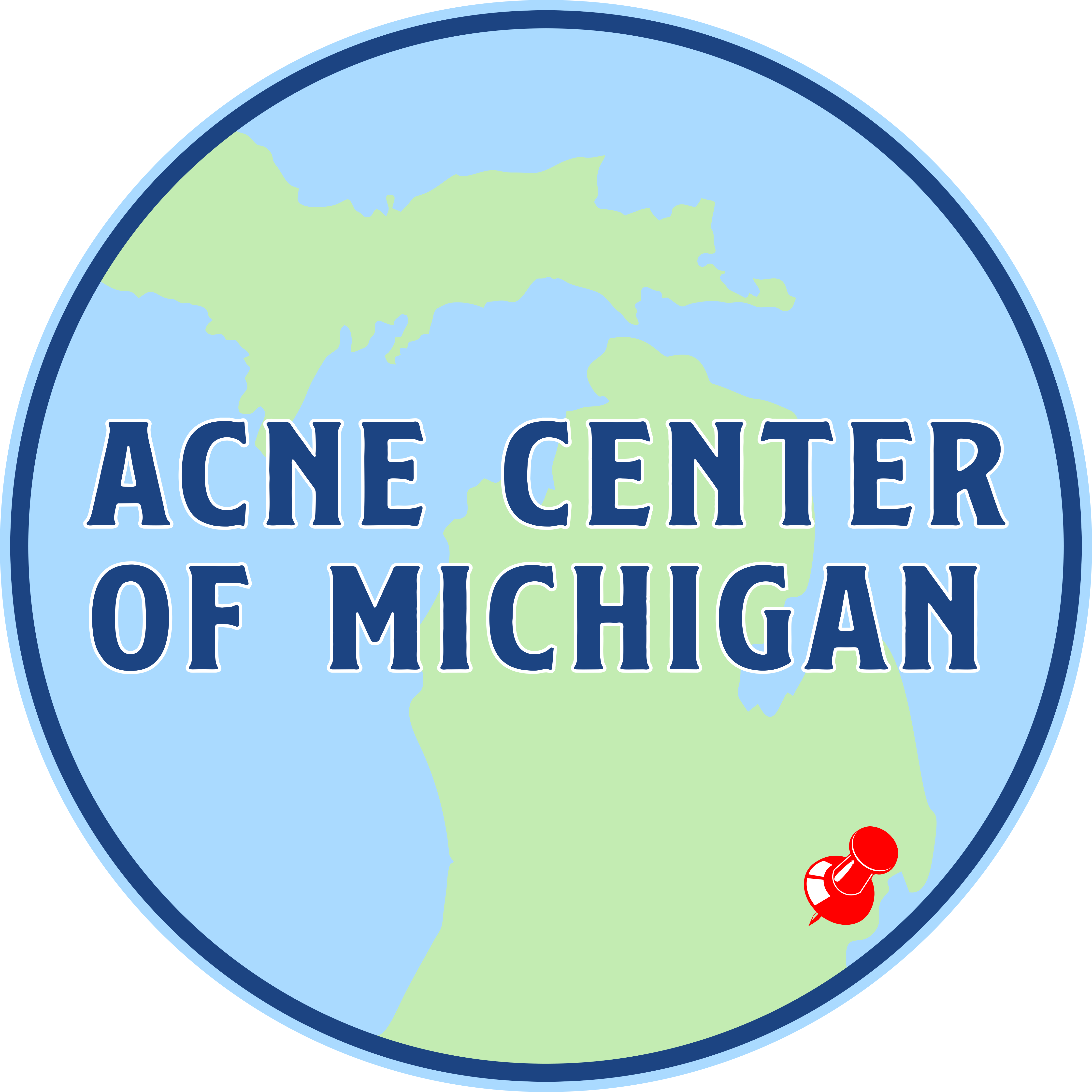Diet and Acne
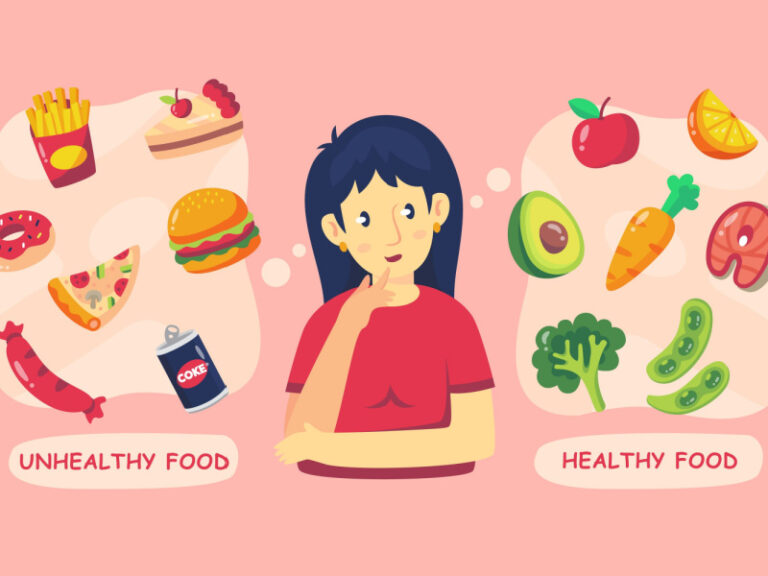

You are what you eat. But, does diet cause acne?
Acne is a common skin condition that affects people of all ages, and many factors can contribute to its development. By in large, acne is caused by two main factors: hormones and genetics. But what about diet? Shouldn’t this have some impact on an individual’s acne severity? In fact, there is limited data showing that the type of food we eat correlates with acne severity. The most up-to-date evidence on diet and acne including vitamins and minerals is provided below.
Low Glycemic Diet has the most evidence!
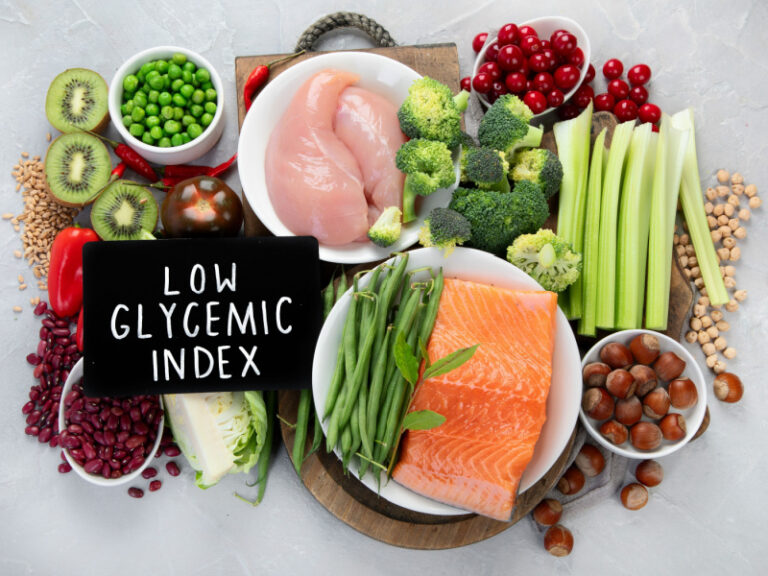

A high glycemic diet is one that is rich in foods that quickly raise blood sugar levels, such as refined carbohydrates, sugary drinks, candy, processed snacks, bread, pasta, potatoes etc. These foods can cause a spike in insulin levels, which in turn can lead to an increase in sebum production and inflammation. Sebum is an oily substance that can clog pores and contribute to the development of acne, while inflammation can exacerbate existing acne lesions. Studies have shown that consuming a high glycemic diet can increase the likelihood of developing acne. In one study, participants who followed a low glycemic diet for 12 weeks experienced a significant reduction in acne lesions compared to those who followed a high glycemic diet. Other studies have also found a correlation between high glycemic diets and acne severity. If you’re struggling with acne, it may be worth considering making some changes to your diet. Incorporating more low glycemic foods, such as whole grains, fruits, and vegetables, can help to stabilize blood sugar levels and reduce the risk of developing acne. It’s also important to stay hydrated by drinking plenty of water and avoiding sugary drinks. Perform a Google search for low glycemic diet and you will find tons of entries.
Should I stop drinking milk?


Will Chocolate break me out?
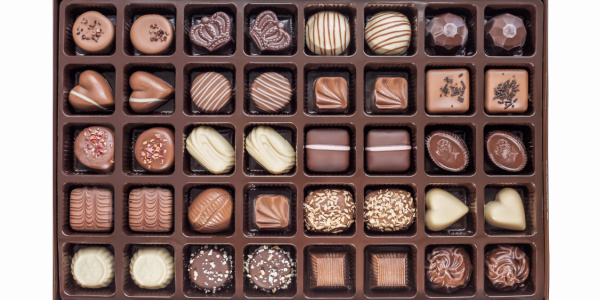

There is a randomized control trial that suggests that chocolate consumption can increase acne. In one particular study, a group of people were given chocolate bars, and the comparison group was given an equivalent amount of sugar in jellybeans; the group that consumed the chocolate bars had slightly more acne a few days later. The effect size, however, in the study is small. So, it is not clear whether this is a major dietary factor. Therefore, we do not routinely tell people to avoid all chocolate, but it is worth a shot to see if this impacts your acne.
Do protein shakes cause acne?
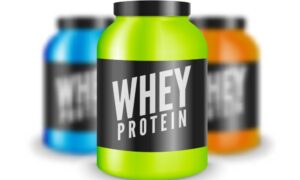

Bodybuilders and people who wish to increase their muscle mass often supplement their diet with protein. Protein powders, such as whey protein, are the most common. Whey protein can increase insulin-like growth factor 1 (IGF-1), a hormone that boosts testosterone, causing acne breakouts.
A case series has demonstrated that reducing whey protein intake can improve acne. Therefore, consider switching to another protein source, such as pea protein.
Vitamins and Acne
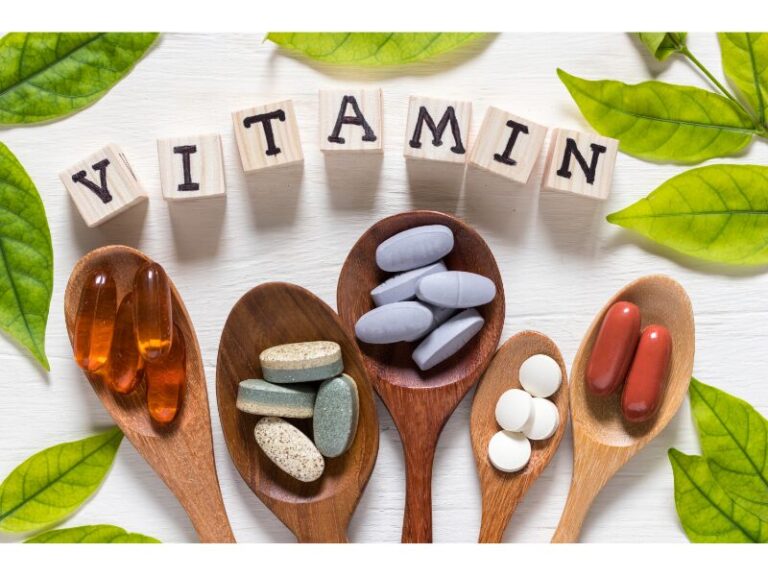

Vitamin D:
Studies show that people with acne have lower Vitamin D levels. Supplements with Vitamin D 1000IU a day may reduce acne by 35%.
